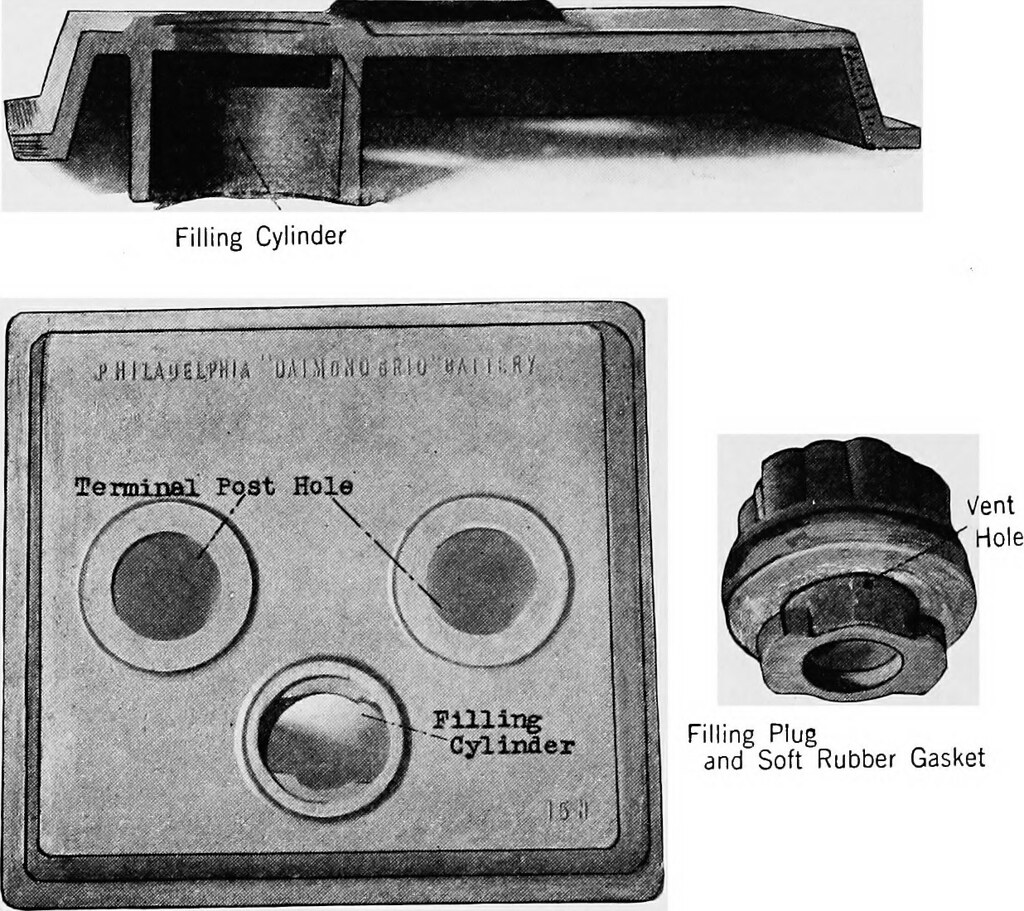Most of governmental agencies regulating drinking water materials need that any product made or utilized in The United States and Canada for the manufacture, circulation, or treatment of drinking water or drinking-water-related products should adhere to the standards stated in NSF/ANSI 61: Drinking Water System Elements-- Health Effects. These guidelines apply to every part at every phase of the production process, from cement and paint to meters, valves, and gaskets.
fNSF/ANSI 61 Accreditation
When looking for drinking water system components, particularly consuming water system gaskets, there are 3 important standard marks you should be trying to find:
NSF/ANSI 61
ASSE 1061

ASTM F2854
ASTM F2854 sets standards for, among other things, chloramine resistance in push-fit fitting gaskets for usage in drinking water systems, while ASSE 1061 sets minimal tensile strength requirements for numerous operating situations.
NSF International-- publisher of NSF/ANSI 61 uses a certification to push-fit fitting gasket producers that satisfy the requirements of all 3 of these requirements. The testing is extensive and, to stay qualified, gasket manufacturers need to pass regular product tests and random annual inspections.
Material Requirements
Together, NSF/ANSI 61, ASSE 1061, and ASTM F2854 levy extremely rigorous product guidelines, setting a number of criteria that must be satisfied before accreditations can be made.
Among these benchmarks is chloramine resistance. Chlorine and chloramine are used by the large majority of municipalities in the United States to disinfect drinking water system http://raymondvgxo615.angelfire.com/index.blog/1516823/ask-me-anything-10-response-to-your-inquiries-about-compressor-valve-gaskets/ materials.
Though utilized in volumes far too low to have an effect on human beings, the chloramines in drinking water can significantly impact the elastomers that consist of push-fit fitting gaskets, triggering cracking, flexibility loss, severe swelling, and tensile strength loss.
For that reason, high chloramine resistance is vital to ensure reliability and strength in drinking water supply supplies.
The pureness of materials, particularly polytetrafluoroethylene (PTFE) based plastics, and pollutant levels-- which NSF needs be tested by toxicologists-- must also meet strict requirements.
NSF/ANSI 61 Licensed Gaskets from GRI
Working in a number of markets, including those that include drinking water supply, Gasket Resources Inc. makes top quality fluid sealing options, particularly custom gaskets.
We take a number of steps to ensure that our gaskets, including push-fit fitting gaskets, are of the highest quality.
First, we work hard to keep our NSF/ANSI 61 accreditation. We likewise use a wide array of materials and compounds that fulfill both FDA and NSF guidelines.
Among these products, Durlon ® 7910, is typically used for drinking water systems gaskets. A compressed, asbestos-free sheet material including high-strength mineral fibers and nitrile rubber, Durlon ® 7910 was clearly created to fulfill NSF/ANSI 61 accreditation requirements.
Jay Turner Company
1012 N 1st St, Artesia
NM 88210, USA
575-746-1730

